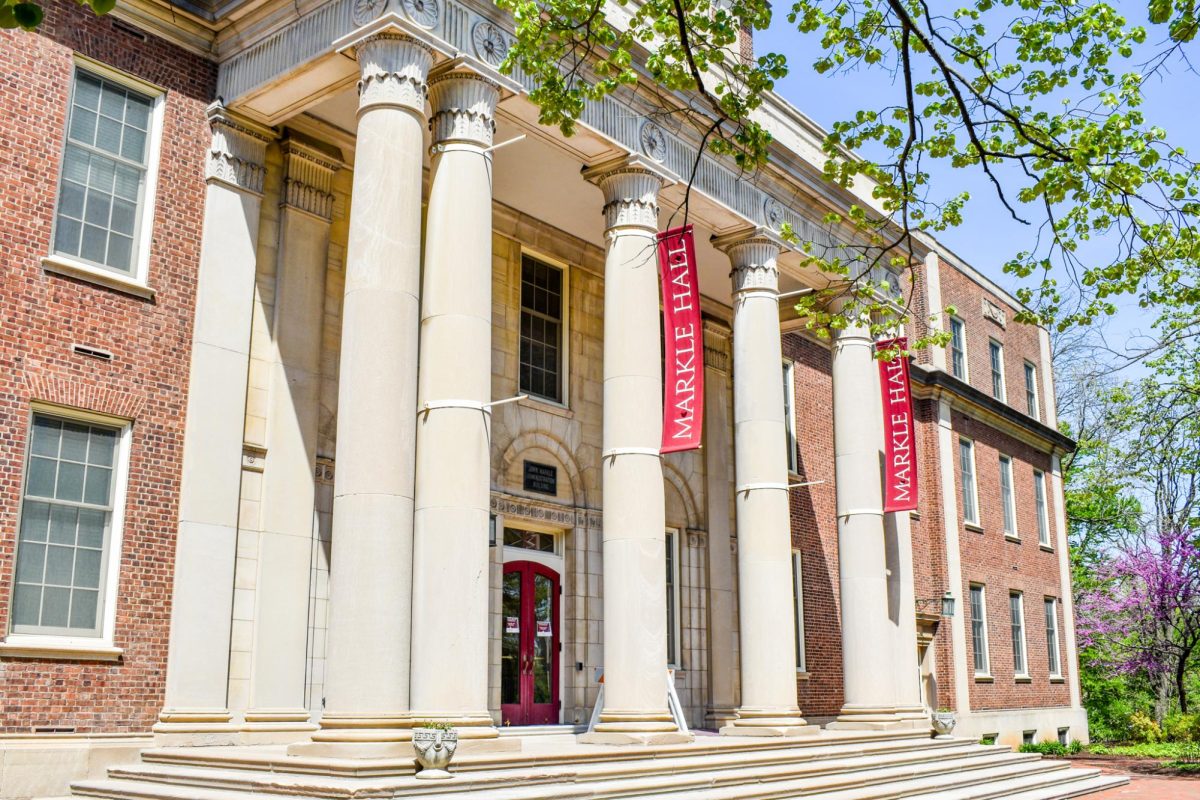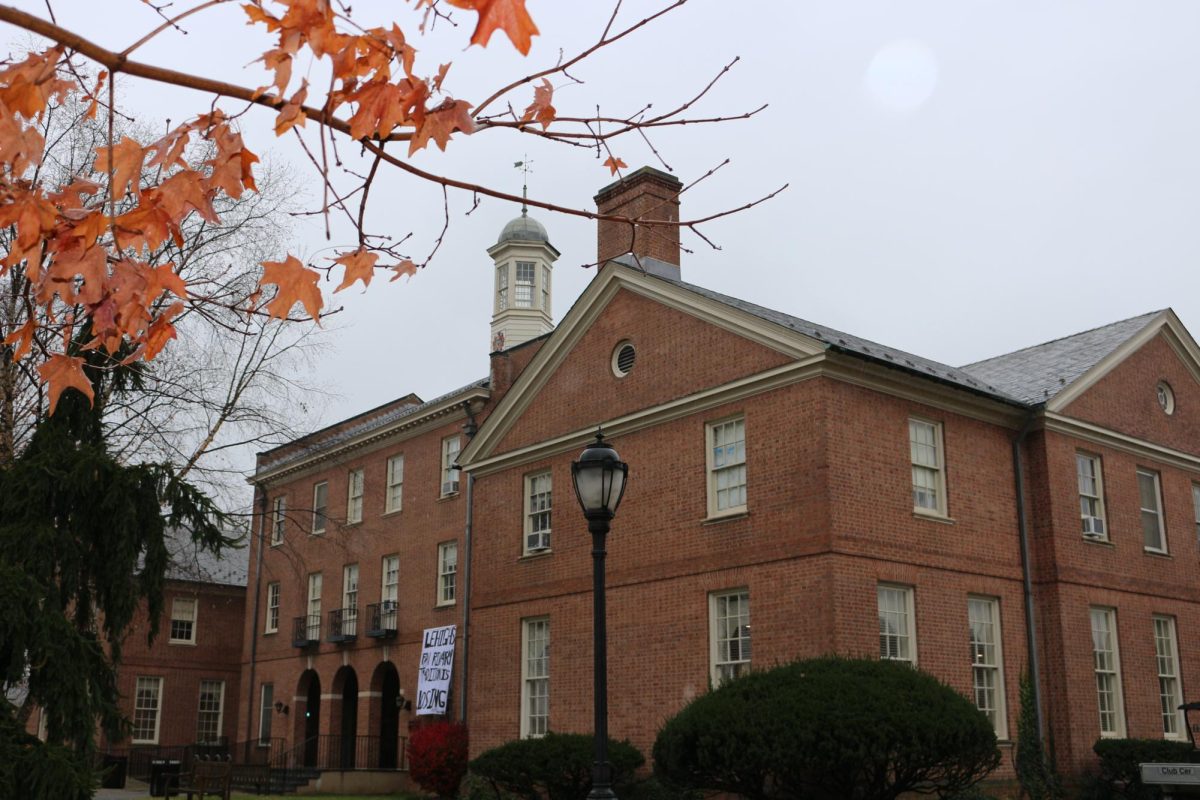Easton City Council members debated over whether to join neighboring cities in becoming a “welcoming city” for immigrants during the Feb. 12 city council meeting.
The proposed ordinance, introduced by Councilwoman Taiba Sultana, would codify Easton’s pre-existing practice of providing services regardless of immigration status. In response to the proposal, recent tensions grew among numerous city leaders, including Mayor Sal Panto, Police Chief Carl Scalzo and various city council members who voiced concerns at the meeting.
“We are already treating everybody equally,” Sultana said. “We are already providing all the services. I just want everything to be written in the book.”
The ordinance was not included in the meeting’s agenda, though discussion of it began after a conversation on similar debates in neighboring cities. While Allentown has implemented welcoming city policies, Bethlehem’s city council recently declined to discuss such measures, according to Councilman Frank Pintabone.
During the meeting, Scalzo took a position against the ordinance, arguing that it would create “hardship” for the city’s police officers and have the potential to attract people with criminal intent.
“Coming in the country and being in the country illegally is, like it or not, a violation of federal law,” Scalzo said at the meeting, adding that it puts local law enforcement in challenging situations.
Panto and Scalzo did not respond to multiple requests for comments.
Pintabone also opposed the measure, calling it “feel-good legislation” that could put vulnerable residents at risk.
“The legislation gives a false sense of security to our most vulnerable citizens,” Pintabone said, adding that the ordinance would be a “worthless” piece of paper.
He also argued the measure could harm the vulnerable communities that it aims to protect by potentially jeopardizing federal grants and drawing unwanted federal attention, a concern rooted in broader national tensions on how cities should respond to federal immigration enforcement pushed by the Trump administration.
“The majority of our federal funding goes to our non-profits,” Pintabone said. “That’s what we use to shelter our less fortunate, our most vulnerable. That’s what we use to feed them, put clothes on their back, educate them.”
Sultana dismissed fears of federal funding cuts as “fearmongering,” citing court precedents protecting municipal funding.
Despite his stance against an ordinance, Scalzo said he hopes the city can eventually reach an agreement after the federal government sends out more guidance.
“We’ll follow all the laws and all the rules that we must abide by as we go out there and deal with the public and try to make sure everybody’s safe in what they do,” he said.
Government and Law professor John Kincaid suggested the situation is more complex than at first glance.
“President Trump certainly wants to cut funds to any city that does not provide substantial assistance to immigration and customs enforcement,” he said.
Despite claims of fearmongering over federal funding cuts, Kincaid suggested the threat is real under a Republican-controlled Congress.
“Congress has the authority to cut off funds if it wants to do so,” he said. “The Republicans largely agree with Trump on deporting these individuals.”
Sultana plans to reintroduce the debate in the city council’s next meeting on Feb. 26.
“This is very near and dear to me,” she said of the formal protections. “I have personally faced the challenges and I know how anti-immigrant policies can hurt communities.”
























































































































